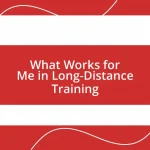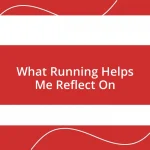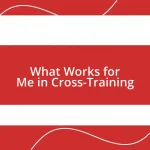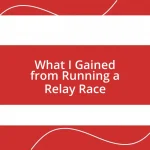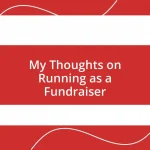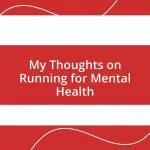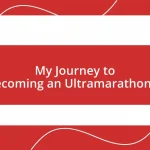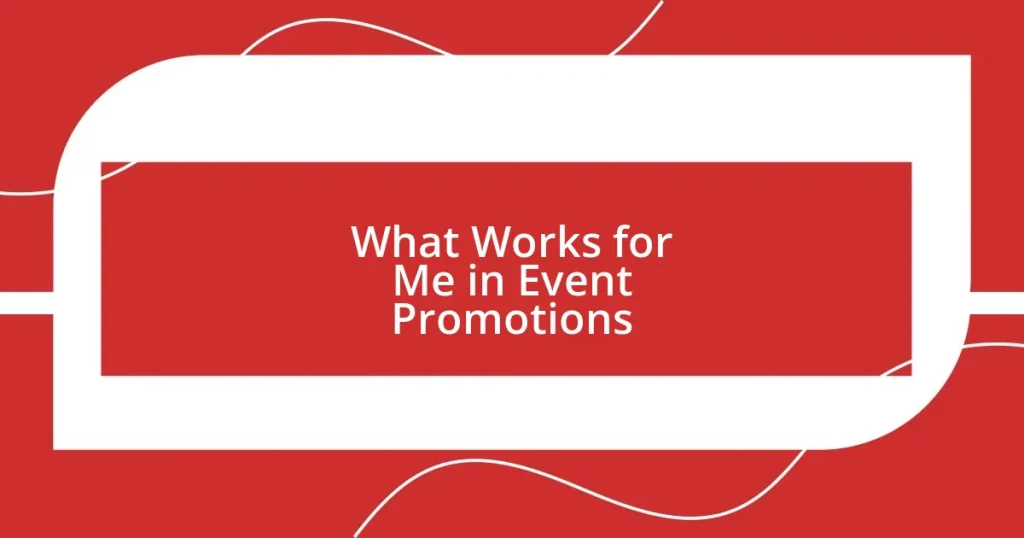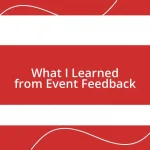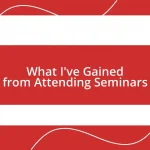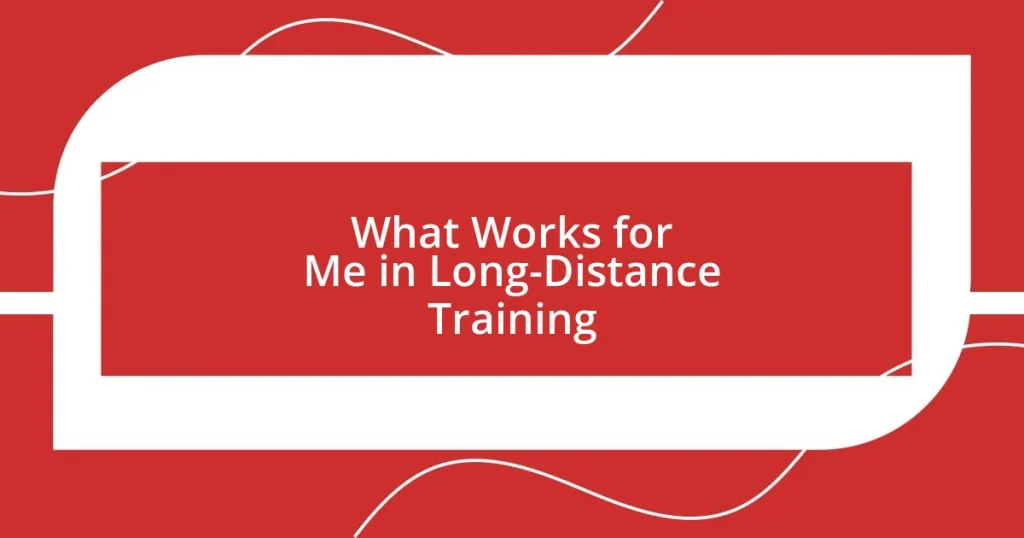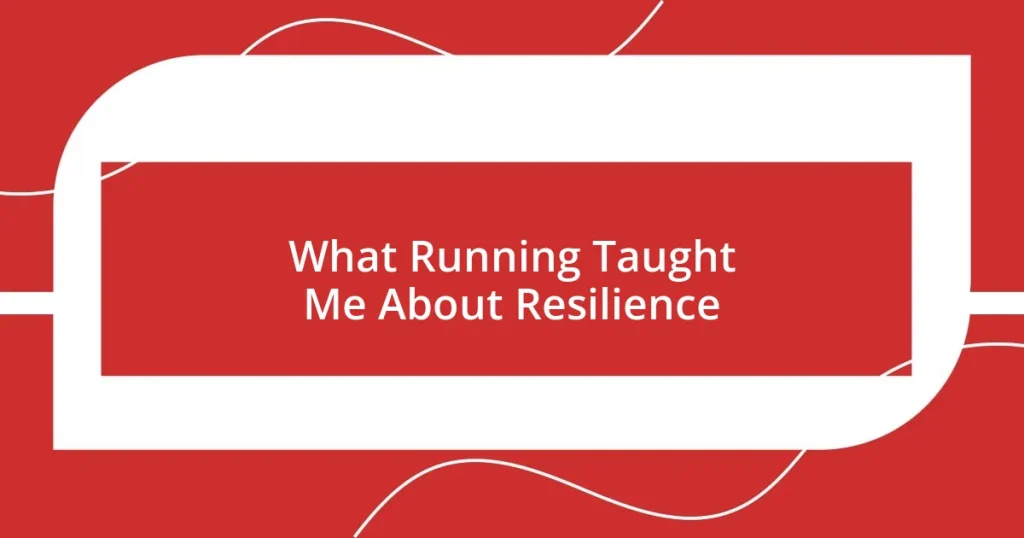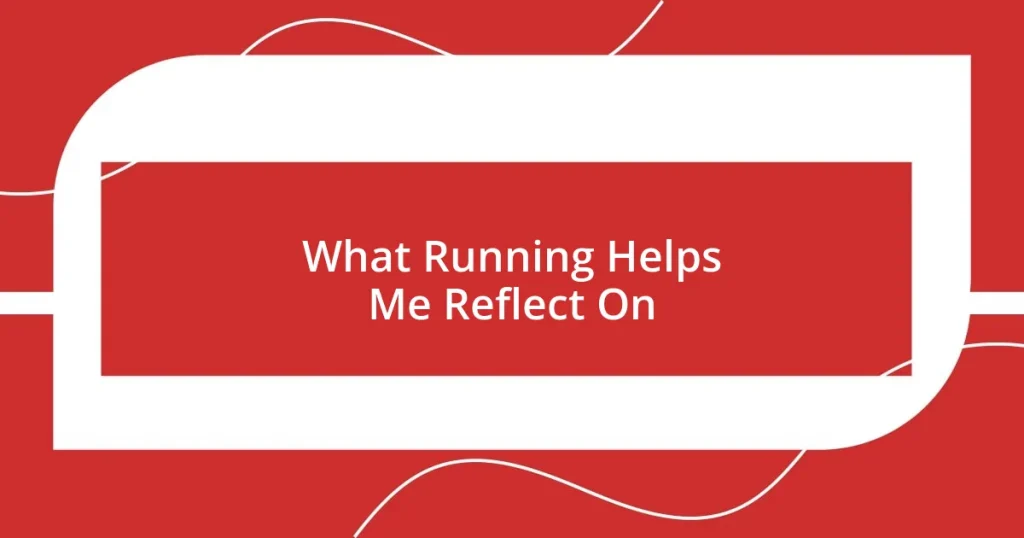Key takeaways:
- A solid event promotion strategy requires understanding the audience and effective use of various outreach channels.
- Engaging content and storytelling, particularly on social media, enhance participant connection and excitement for events.
- Feedback and engagement metrics are essential for evaluating event success and guiding future promotions.
- Collaborating with authentic influencers can significantly boost event visibility and credibility.
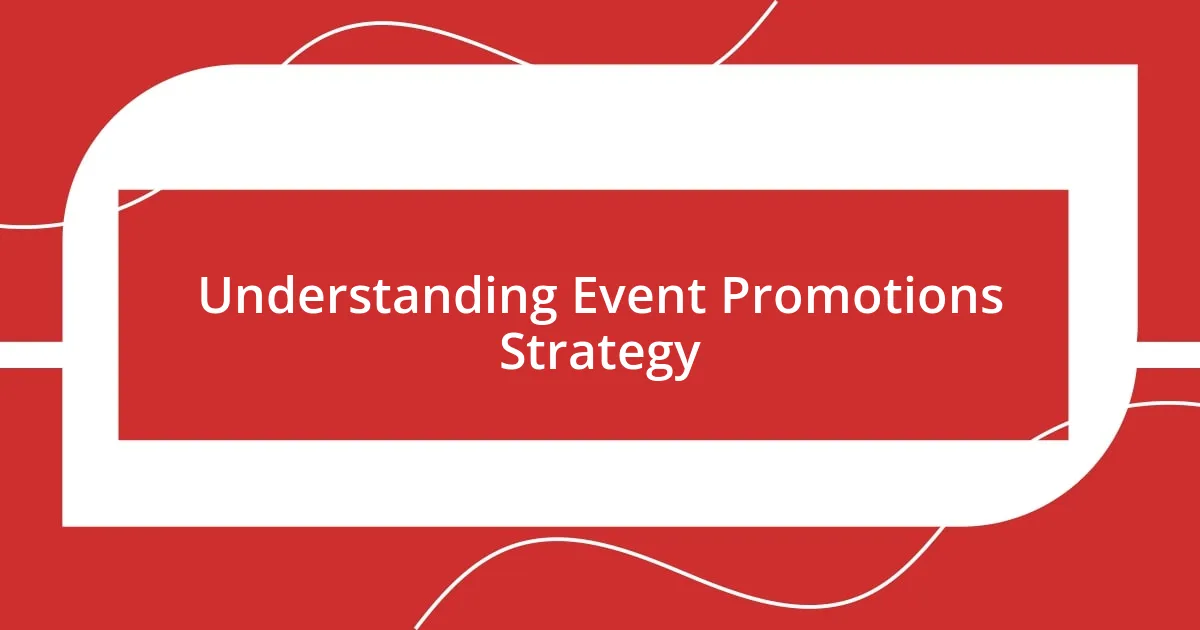
Understanding Event Promotions Strategy
When I first started delving into event promotions, I quickly realized that having a solid strategy is essential. For instance, I once promoted a local music festival, and it was the detailed planning that made all the difference in attracting a diverse crowd. It taught me that understanding your audience and what excites them is a fundamental piece of the puzzle; without that, your efforts may fall flat.
At times, I find myself asking, “What really makes an event stand out?” In my experience, it often comes down to knowing how to leverage various channels effectively. When I combined social media outreach with traditional methods—like flyers and word of mouth—the results were remarkable. This blend not only helped reach a wider audience but also created a buzz that resonated long after the event had ended.
In my opinion, flexibility is another crucial aspect of an effective event promotions strategy. I recall a time when unexpected weather forced us to alter an outdoor event’s plans. By quickly shifting our promotional focus to highlight indoor activities, we managed to keep the momentum alive. It reinforced my belief that adapting to changing circumstances while staying true to your brand message can lead to success, even in the face of challenges.
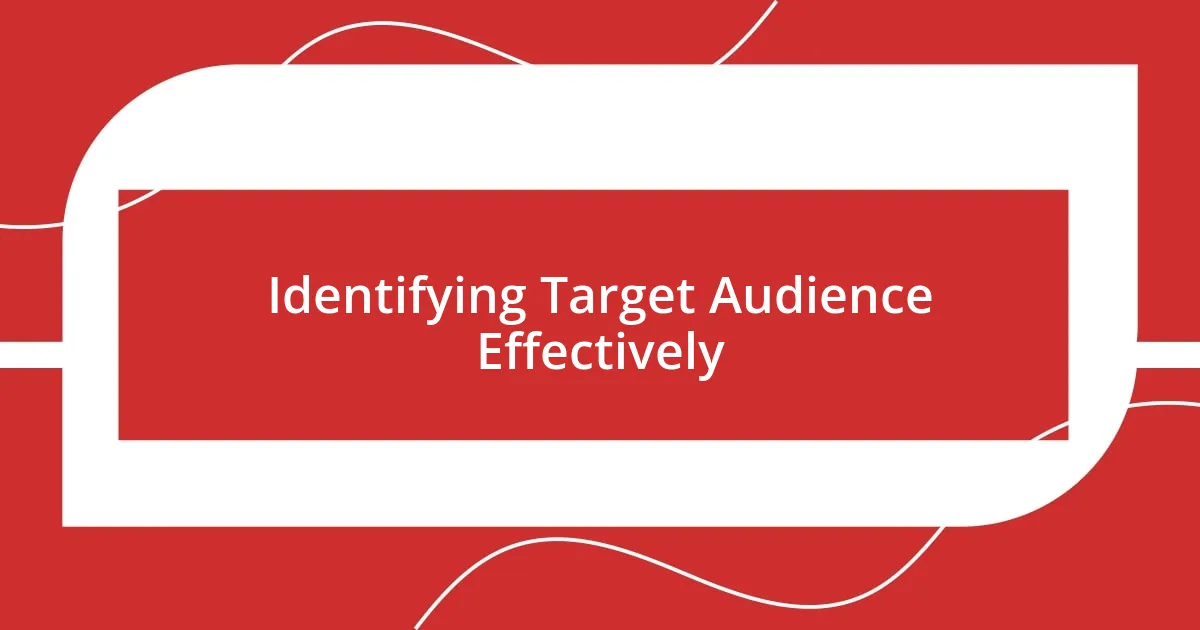
Identifying Target Audience Effectively
Identifying your target audience effectively is crucial in shaping your event promotions. I remember organizing a charity gala where I assumed everyone would be interested in high-profile speakers. However, when I dug deeper, I realized that our sponsors and potential attendees were more invested in the cause than the speakers themselves. By tailoring our messaging to highlight the impact of donations and sharing real stories from beneficiaries, we connected with our audience on a deeper level, leading to higher ticket sales and engagement.
To hone in on your target audience, consider these strategies:
– Surveys and Feedback: Gather insights from past attendees about their interests and experiences.
– Social Media Analytics: Analyze your followers’ demographics to understand who engages with your content.
– Competitive Research: Look at similar events to see who attends; it can give you a sense of your potential audience.
– Community Engagement: Participate in local events to network and understand the interests of your community better.
– Buyer Personas: Create detailed profiles of your ideal attendees to guide your messaging and outreach efforts.
Each of these tactics not only helps in identifying your audience but also fosters a connection that can elevate your event promotions to a whole new level.
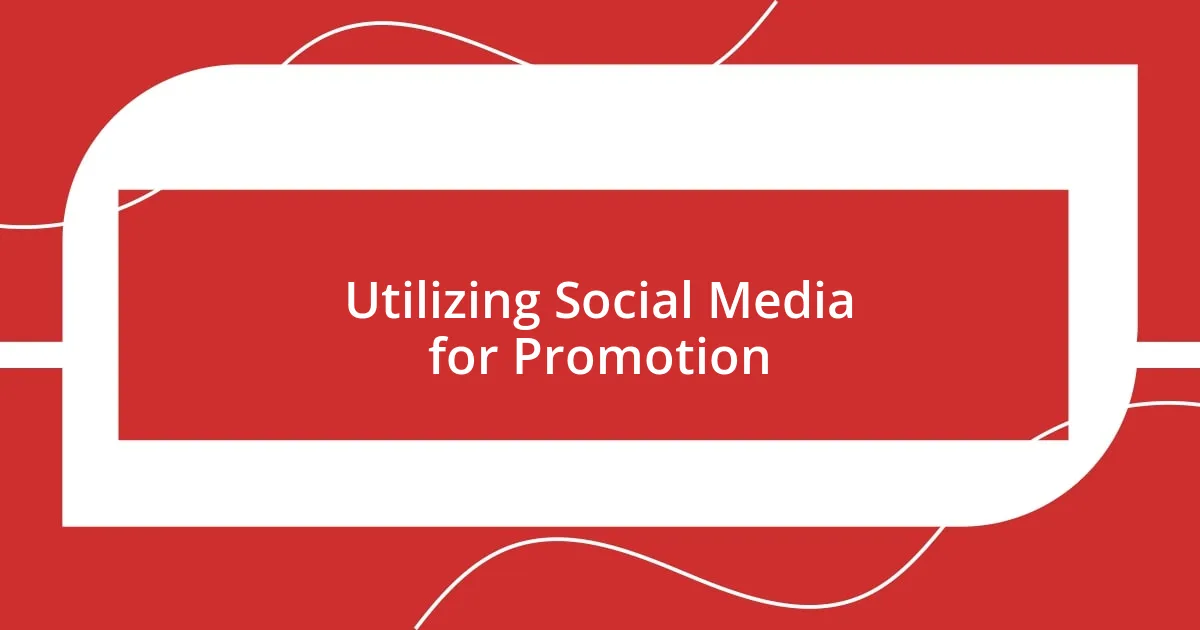
Utilizing Social Media for Promotion
Utilizing social media for promotion has been a game changer in my experience. One time, we launched a countdown campaign on Instagram leading up to a community fair. The suspense was palpable, and it felt like everyone was on board, sharing their excitement with friends. I was amazed at how this strategy not only boosted engagement but also created a sense of community well before the event even began. Social media platforms allow us to harness that collective enthusiasm, turning potential attendees into part of the promotional journey.
I find that storytelling is an incredibly effective tool in social media promotions. During a recent arts festival, I shared behind-the-scenes clips of artists preparing their work. It triggered emotions and made my audience feel connected to the event on a personal level. When people relate to the story behind an event, they’re more likely to participate. It’s not just about broadcasting information; it’s about building a narrative and inviting people to be a part of it, which can elevate the entire experience.
Engagement is another aspect where social media shines. I recall running a Facebook Live Q&A session before a tech conference, inviting potential attendees to ask questions directly. It not only made the audience feel valued but also provided an opportunity to clear up any misconceptions about the event. This type of interaction can significantly enhance your promotion strategy. Engaging directly with your audience fosters a more authentic connection that goes beyond simple advertising.
| Social Media Platform | Benefits for Promotion |
|---|---|
| Broader reach, event creation tools, targeted ads, engagement through comments and shares. | |
| Visual storytelling, strong engagement through stories, and reels, effective use of hashtags. | |
| Real-time updates, conversational engagement, trending topics to increase visibility. | |
| TikTok | Creative short-form videos, younger audience engagement, potential for viral marketing. |
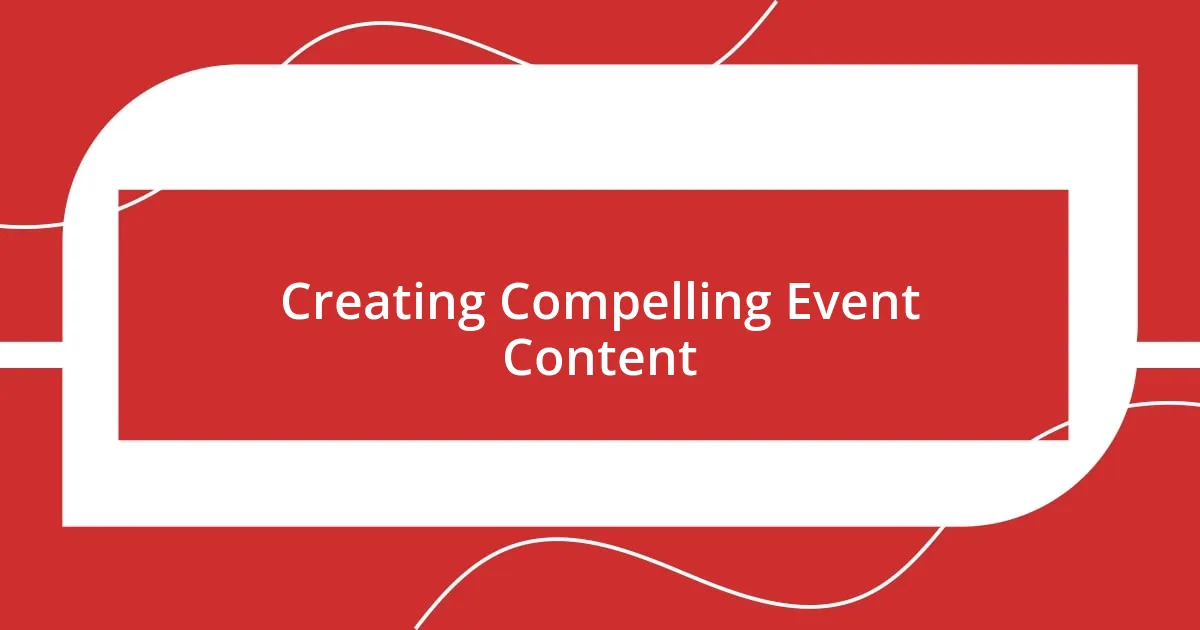
Creating Compelling Event Content
Creating compelling event content is all about capturing the essence of what makes your event special. I once crafted a promotional video for a local music festival, focusing on the joyous reactions of past attendees. The energy was infectious, and watching those genuine moments reminded me how powerful it is to showcase real experiences. Wouldn’t you agree that nothing draws people in quite like authentic emotion?
Another approach I found effective is to leverage the reasons why people attend events—it’s not just about the event itself, but the connections formed. At a networking event I organized, I included testimonials from previous participants who found jobs or made significant connections there. By sharing those stories, I didn’t just promote the event; I painted a picture of the opportunities attendees could gain. Isn’t it beautiful to think about how an event can change someone’s life?
Lastly, infusing personality into your content can significantly increase its impact. For a charity run, I incorporated playful elements like fun memes and humorous captions on social media to engage a broader audience. I noticed how much people shared and related to that lighter tone. Why should promotions be all business? When we allow our unique voice to shine through, we not only attract attention but also foster a sense of community and belonging.
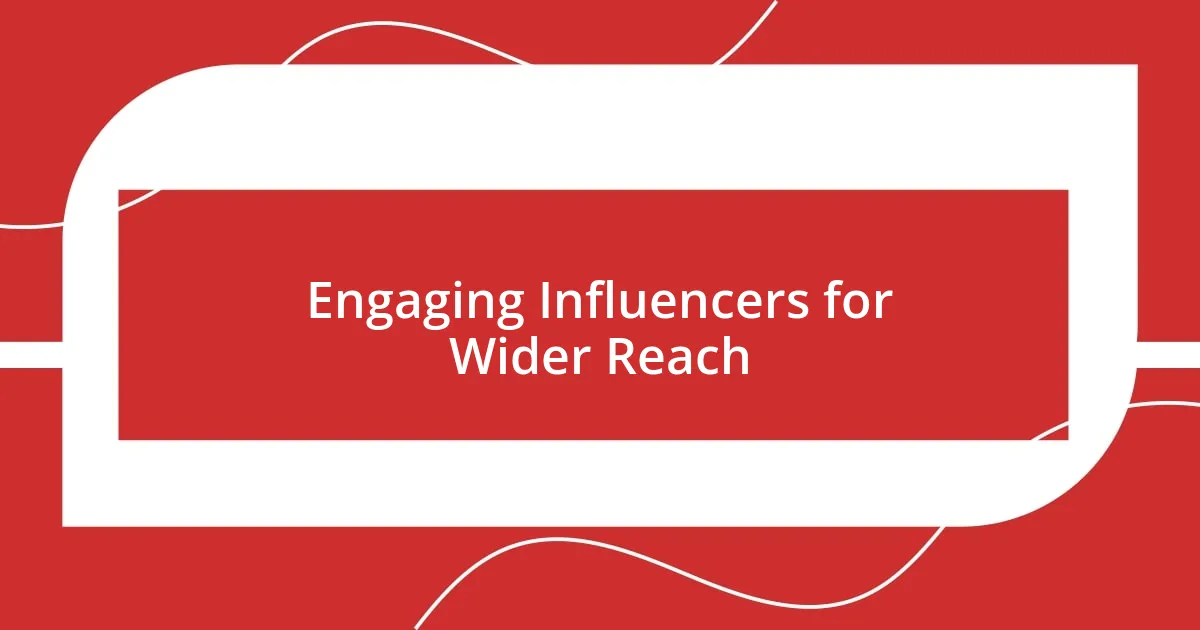
Engaging Influencers for Wider Reach
Engaging influencers has been one of the most effective strategies I’ve used to amplify event reach. A few months back, I collaborated with a local food blogger for a culinary festival. She shared tantalizing previews and exclusive behind-the-scenes content with her followers. The surge in ticket sales was a testament to the power of her authentic connection with her audience—people trust recommendations from influencers they follow.
I’ve noticed that influencers tend to bring their unique flair to promotions, often leading to unexpected results. Once, during a pop-up art exhibit, I partnered with a popular Instagrammer known for her whimsical style. Her creative posts not only showcased the event but also added an element of fun and spontaneity. It made me wonder, how often do we consider the distinct personality of the influencers we engage? Choosing the right influencer can turn the spotlight on your event in ways you never envisioned.
Another insight I’ve gathered over the years is the importance of authenticity in influencer collaborations. When I worked with a wellness influencer for a health fair, she shared her genuine excitement and personal experiences with holistic practices. Her followers resonated with her authenticity, and we saw engagement levels skyrocket. Isn’t it fascinating how genuine enthusiasm can be so contagious? When influencers convey heartfelt messages about your event, it creates a ripple effect, encouraging their followers to join in the excitement.
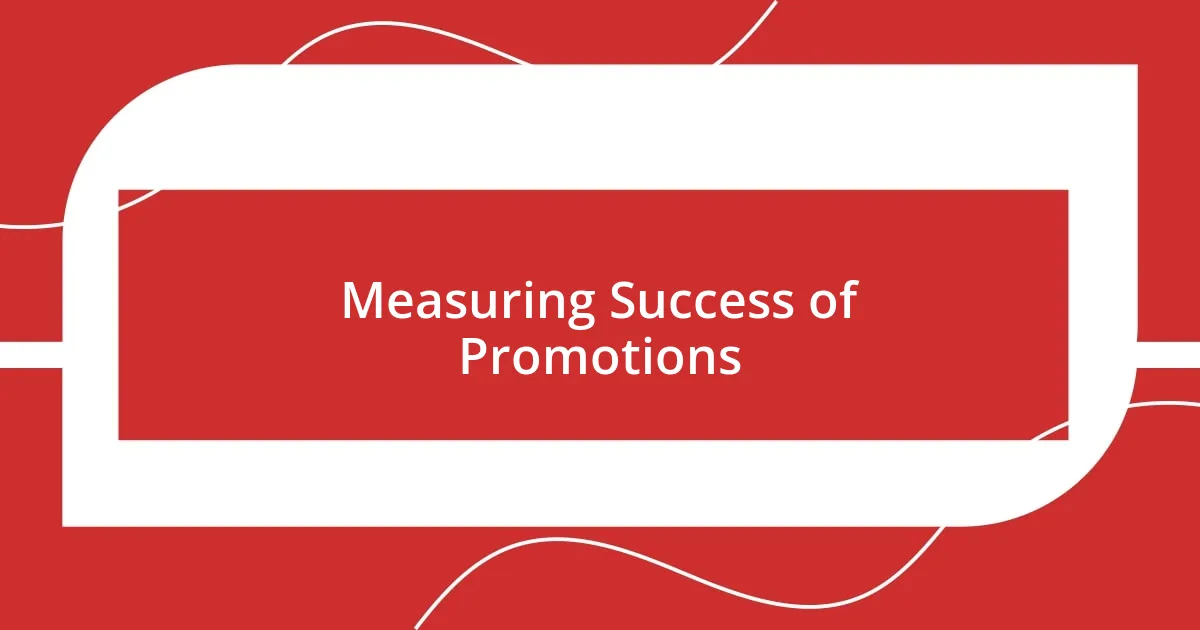
Measuring Success of Promotions
Measuring success in event promotions is more than just counting ticket sales; it’s about understanding what really resonated with attendees. When I organized a community wellness fair, I didn’t simply tally the number of people who bought tickets. Instead, I sought feedback through post-event surveys. This approach revealed that many attendees appreciated the workshops and networking opportunities, making me realize that engagement metrics are crucial for future promotions. Have you ever considered that feedback can illuminate the path to even greater success?
Another method I’ve found invaluable is analyzing social media engagement. After hosting a tech conference, I dove into the data, looking at likes, shares, and comments on our promotional posts. I was particularly surprised by the hashtag we created— it not only sparked conversations online but also extended the reach of our event well beyond the local area. Isn’t it exciting to see how a well-crafted hashtag can transform your promotional strategy into a viral campaign?
Lastly, I always keep an eye on repeat attendance as a key metric of success. In one memorable year, after hosting a popular summer concert series, I tracked how many ticket buyers returned for the next season. The increase in repeat attendees not only validated my promotional efforts but also sparked numerous ideas for enhancing the experience. Don’t you think that a loyal following is one of the most telling signs of true success?
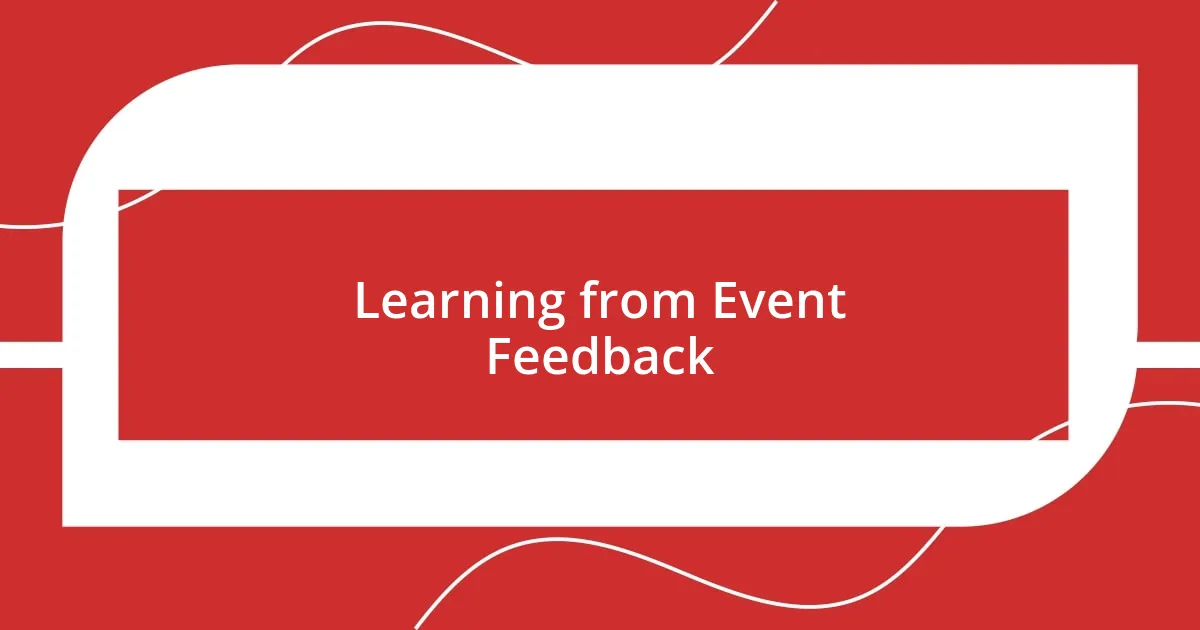
Learning from Event Feedback
After each event, I always make it a point to reach out to attendees for their thoughts. For instance, after a networking event I hosted, I sent out a casual email survey. The responses revealed that while people enjoyed the speakers, they craved more opportunities to interact with them. I realized that asking the right questions can unlock valuable insights into what attendees truly value. Have you ever wondered how much you could improve your events just by listening?
Diving into the comments section of my event’s social media posts has been a game-changer for me. During one festival, I noticed attendees sharing heartfelt stories about their experiences. One person recounted how the event helped them reconnect with an old friend. Moments like these remind me that feedback goes beyond logistics; it captures the essence of what we’re creating. Isn’t it incredible to see the emotional impact our events can have on individuals?
Analyzing feedback also helps shape my marketing strategies for future events. There was a time when I overlooked the importance of follow-up communication until feedback from a workshop highlighted it as a missed opportunity. Attendees expressed a desire for resources or summaries post-event. This simple adjustment in my approach not only enhanced engagement but also built a stronger connection with my audience. How often do we reflect on our communication styles after an event to truly meet our audience’s needs?
